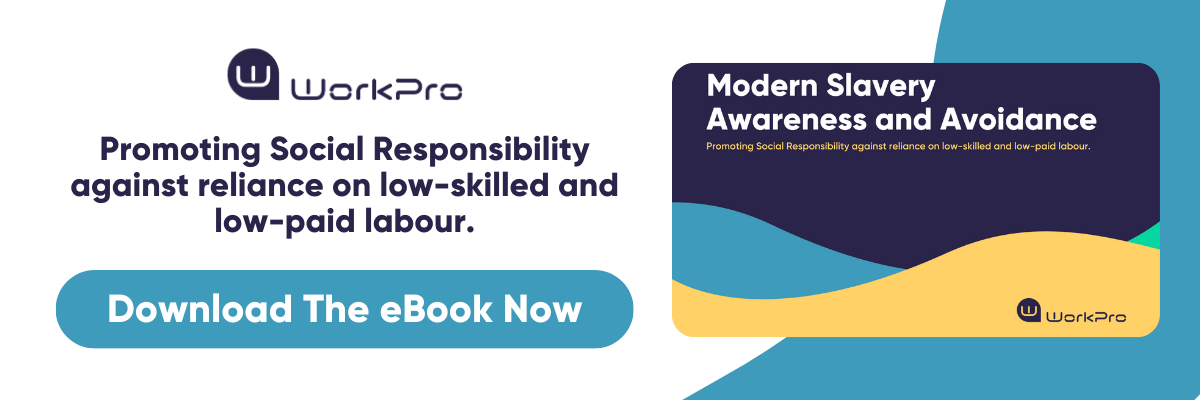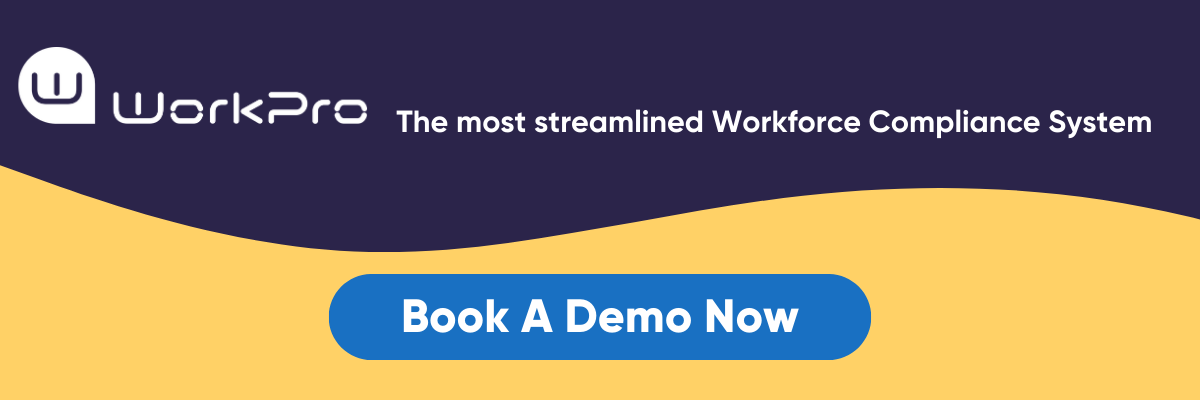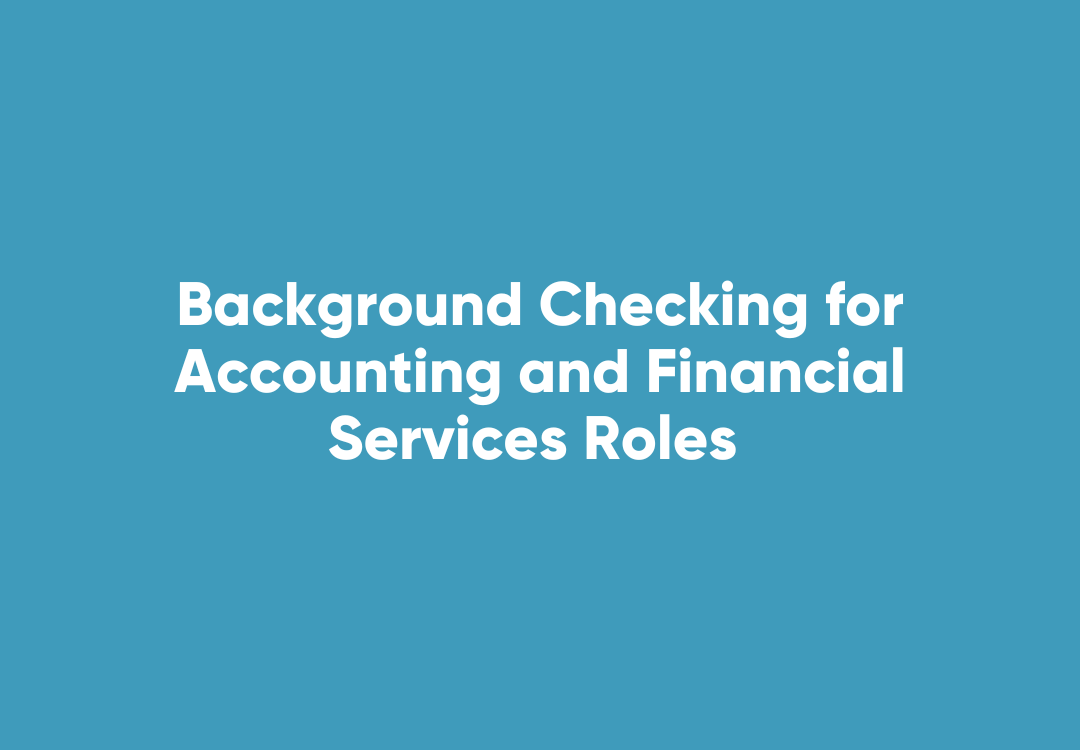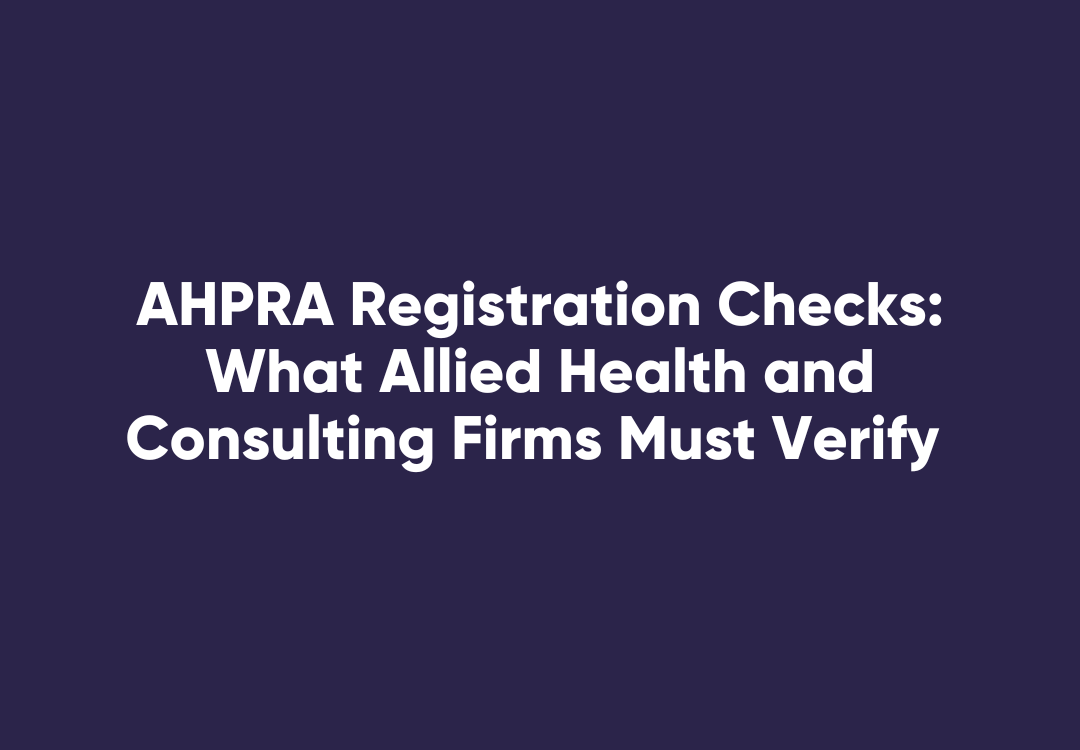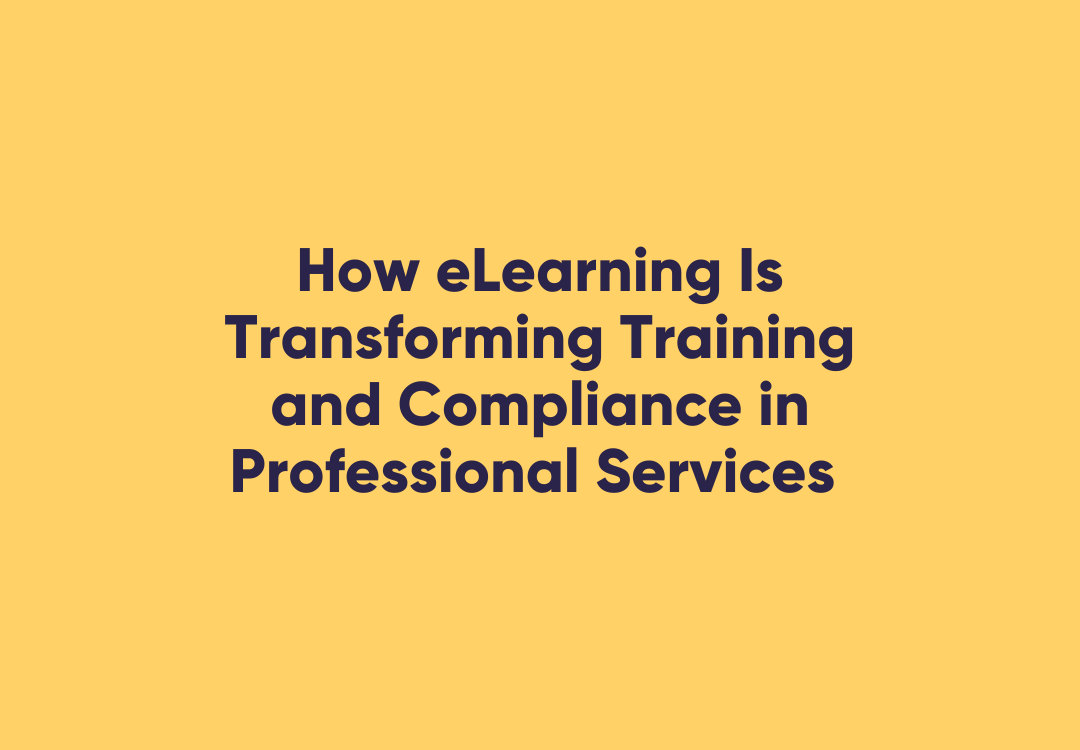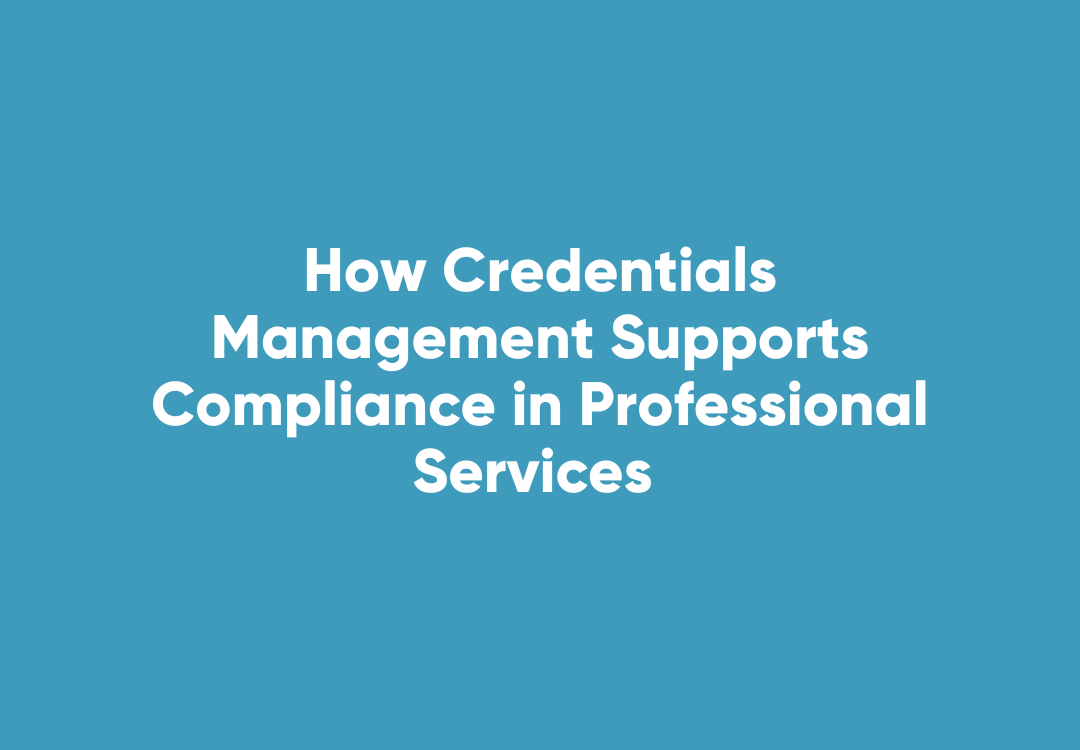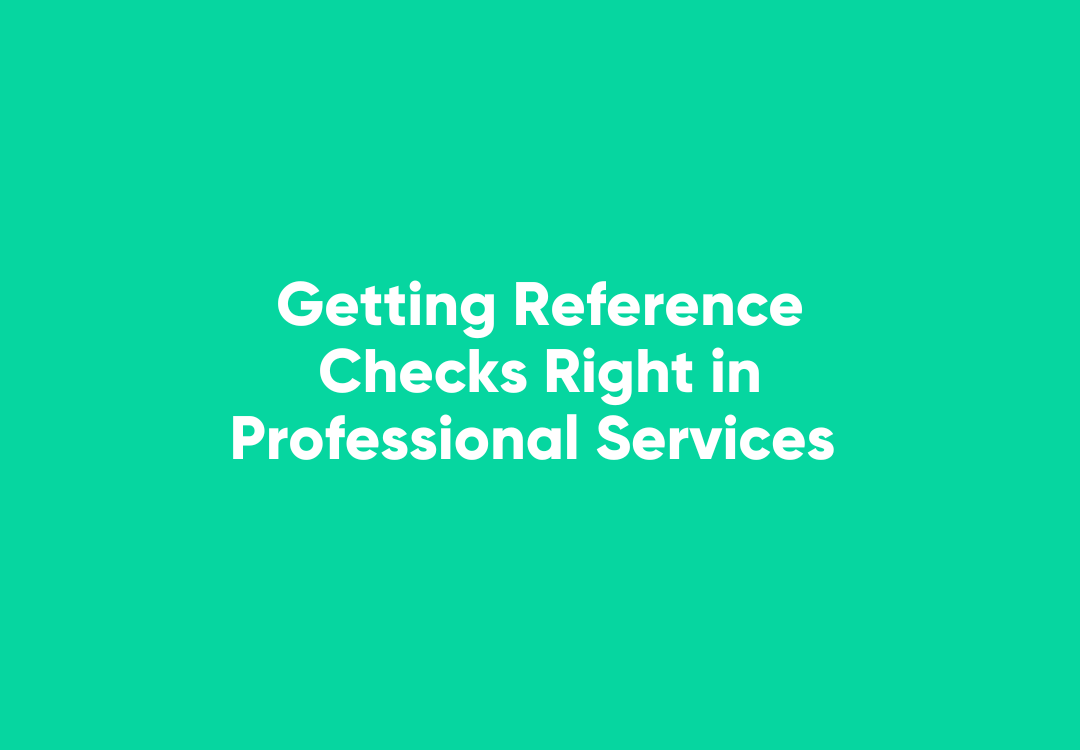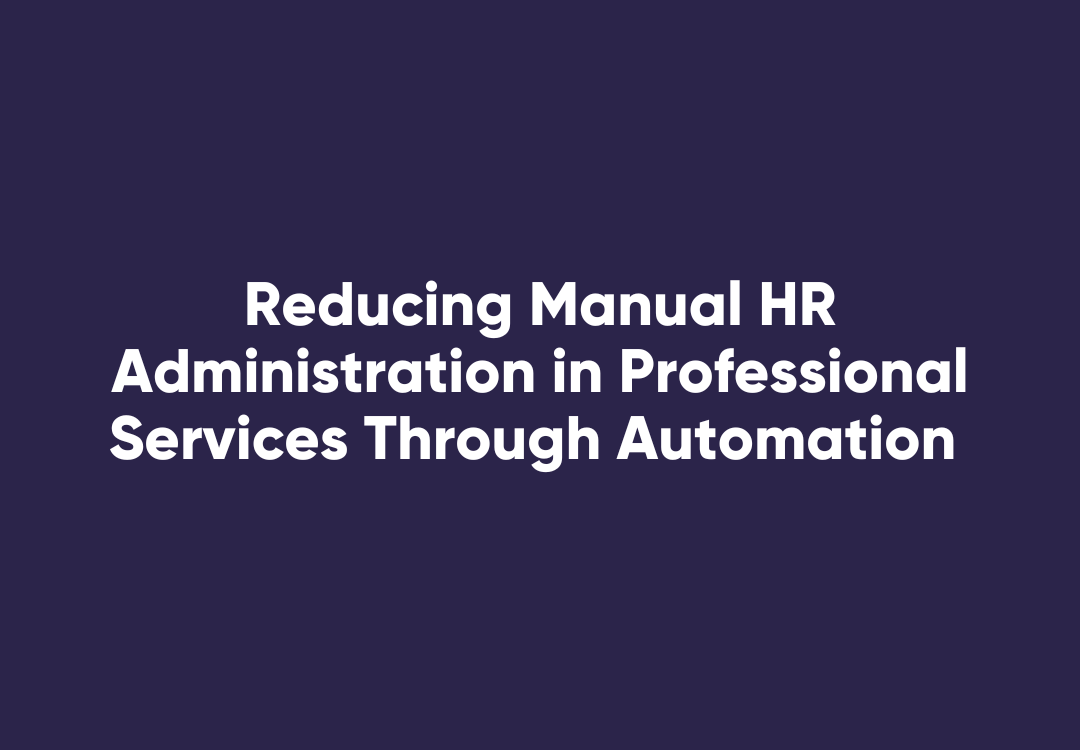Upholding Ethics and Compliance in Migrant Worker Hiring
In July 2023, changes were introduced to the Fair Work Act to align with the Australian Government’s new Protecting Worker Entitlement laws.
The amendments include changes to the Protecting Worker Entitlements (PWE) Bill that aims to eradicate exploitative work conditions and protect migrant workers.
The change spells out that migrant workers in Australia will be protected, and be paid their workplace rights and entitlements, regardless of their immigration status under the Migration Act 1958. It also clarifies that a violation of the Migration Act does not impact the validity of a migrant worker’s employment or service contracts, even in cases where the migrant worker has violated their visa conditions, lacks work rights, or does not have the legal right to stay in Australia.
Let's unpack why these changes matter and how employers need to engage and manage migrant workers.
A Closer Look at the Changes
As noted, a provision within the PWE (Protecting Worker Entitlements) Bill 2023, guarantees that migrant workers receive protection under the Fair Work Act 2009 (FW Act), even if they do not fully comply with their immigration laws or visa conditions.
This change serves to protect migrant workers to provide the same rights and entitlements under workplace laws that other employees working in Australia have and to limit migrant worker exploitation.
This provision also establishes criminal offenses for employers who use coercion or force to compel temporary migrant workers to work in violation of the terms of their visa conditions. In other words, it makes it illegal for employers to pressure or manipulate migrant workers into doing work that goes against the conditions specified in their visas, such as underpayment or longer work hours.
This means even migrant workers who lack proper work authorisation or have visa discrepancies, such as not having the right to be in Australia or breaching a visa condition are entitled to the same wages and conditions as every other worker.
Whilst the migrant workers who may be illegally staying in Australia or flouting their work conditions may face consequences under the Migration Act, they will not be denied their rightful compensation for hours worked.
Why This Matters: A Step Towards Ethical Employment
Several Australian businesses have been found guilty of migrant worker exploitation. In 2017 for example, a 7-Eleven franchise was exposed for underpaying workers millions of dollars, many of which were international student workers, highlighting the importance of clear work entitlements, justice, and protection for temporary migrant workers.
Implications for Employers: Simplifying Compliance
Part of an employer’s responsibility is to know and abide by a worker’s right to work, including abiding by visa conditions which can change at any time.
Solutions like WorkPro's Visa Entitlement Verification Office (VEVO) verification and automated polling function can assist by checking each worker’s right to work at the commencement of employment, and automatically continuing to check the visa at a regular interval, flagging any impending visa changes, and providing a report that quickly allows you to stay informed and proactively manage any changes, avoiding potential penalties and reputational damage.
The reality is that employers should not employ or engage workers who do not have the right to work and abide by any conditions.
The changes to the Act indicate that worker exploitation remains an issue, and given the amendments, does suggest that Fair Work is likely to deploy a campaign to ensure employers are adhering to the obligations. It is therefore best practice to ensure you have processes that transparently meet the requirement, and you can confidentially demonstrate your practices if required, including a clear audit trail.
Advancing Towards a Future of Equitable Employment
As we adapt to the provisions of new legislation, it's clear that the landscape of Australian employment is evolving. WorkPro is committed to guiding employers, HR, and recruitment and hiring teams through these changes with efficiency and expertise. Our focus ensures that staying compliant with evolving legislation is straightforward, removing complexity from the process.
WorkPro's tools are designed to streamline the compliance process, allowing businesses to focus on what they do best while maintaining ethical employment practices.
These shifts are a positive move towards enhancing the integrity and sustainability of the Australian workforce. WorkPro is here to stay ahead of new changes and support HR and recruitment teams in maintaining a compliant and ethical hiring approach.


